Roger Wright’s precipitate departure from both Radio Three and the Proms came as a surprise. At first the news was that he would go at the end of the season, but then it became apparent he was leaving at the beginning of it. Whatever his reasons may have been — and one sympathises with the idea of a carefree summer holiday after all these years — it brings Edward Blakeman, who becomes acting director of the Proms during the interregnum, deservedly into the limelight. Wright, meanwhile, will become the chief executive of the Aldeburgh Festival from September.
Wright has been the controller of Radio Three since 1998, and has been in charge of the Proms since 2007. Sixteen years in charge of planning at a major radio station is a long stint, and his decisions, inevitably, have not pleased everyone. Early in his tenure he raised hackles by timetabling more jazz and world music alongside the traditional classical fare, and was held to have reduced the number of live broadcasts. Jazz and world music survived this criticism and now form a valued part of the weekly round.
The live broadcasts issue was much more contentious. For a time live concerts were announced from Broadcasting House, which took away all the actuality of the event, partly vitiating the point of taking it live in the first place. Gone were those friendly chats in medias res, when the conductor would climb down from his podium, catch his breath quickly, and prepare to match his wits with those of the on-site presenter. If Wright hadn’t reversed the studio-presentation policy, I for one would never have got to spar with Richard Coles in the enjoyable way I have been doing these past months. But I suspect my predilections didn’t come into it: the criticism of absentee presenters was trenchant and not enough money was being saved to justify upsetting so many people.
Whether there are now one or two jobs up for grabs at Radio Three — the controller and the Proms — is not certain. The rumour is that if they find the right person they will award both jobs at once, otherwise they will appoint the controller and leave that person to find a Proms director. Names have started to be bandied: Stephen Maddock (chief executive of the City of Birmingham Symphony Orchestra); Paul Hughes (currently general manager of the BBC Symphony orchestra and BBC Singers); Tom Service (journalist and broadcaster, a man of impressive breadth of knowledge); Jessica Isaacs, and many others. Meanwhile we should be grateful for Wright’s steady pair of hands at the helm. He has been faced with little other than a succession of budget cuts, review after review, making a regular part of his job the bearing of bad news to every department under him. This does not make for popularity; and yet he has maintained a highly competitive classical music station with good humour and not a little wit, and with just about all the original players still in place, for all that they always seem to be clinging on for dear life.
The Proms reflects Wright’s positive attitude to music-making, the one absolutely essential quality for anyone who wants to run this vast enterprise. And this year he has really pulled something special out of the bag. His parting gift is to have booked 22 foreign orchestral ensembles of which nearly half are making their debuts. This is an astonishing statistic, which surely no other festival in the world could rival. From distant lands and cultures come: the Chinese Philharmonic (19 July); the Borusan Istanbul Philharmonic (29 July); the Seoul Philharmonic (27 August); the Singapore Symphony Orchestra (2 September); and the Qatar Philharmonic (7 September). These will appear alongside other arguably more likely debutants: Armonia Atenea (2 August — the first Greek orchestra to appear at the Proms); the Lapland Chamber Orchestra (9 August); the Melbourne Symphony Orchestra (19 August); the Iceland Symphony Orchestra (22 August); and the orchestra of the Deutsche Oper Berlin (30 August).
In the latter category, one may wonder why they haven’t appeared before now; in the former one can only marvel at Wright’s general knowledge. Add these to the 12 orchestras from abroad who are not making their debuts, as well as to the 47 concerts that involve orchestras from the BBC itself and around the UK, and the Proms will be doing what it has always been best set up to do: giving us as varied a feast of orchestral colour as humanly possible. These orchestral concerts are the best answer to those who say that there isn’t enough of this or that repertoire in the Proms ‘these days’, or that the Proms is no place for the Pet Shop Boys. It should be a most exotic season.
Got something to add? Join the discussion and comment below.
Get 10 issues for just $10
Subscribe to The Spectator Australia today for the next 10 magazine issues, plus full online access, for just $10.

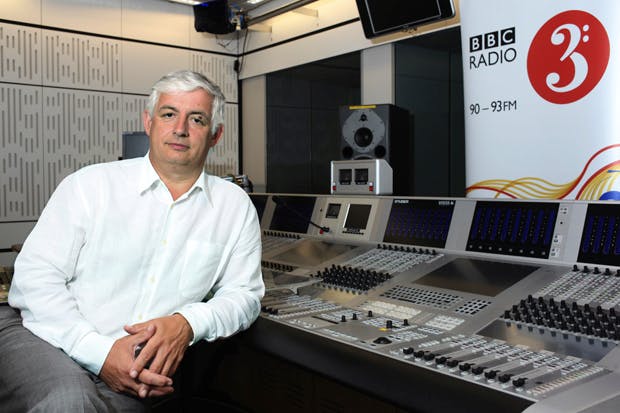
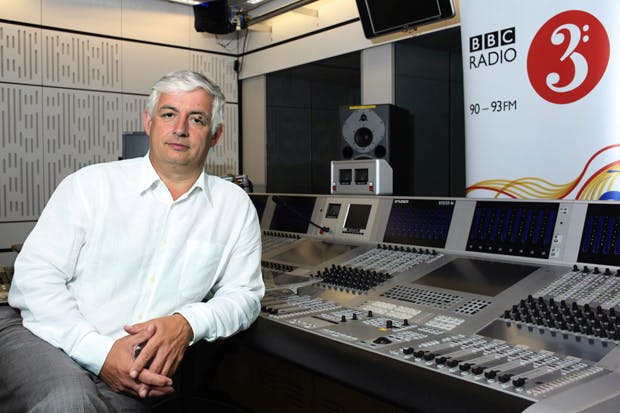
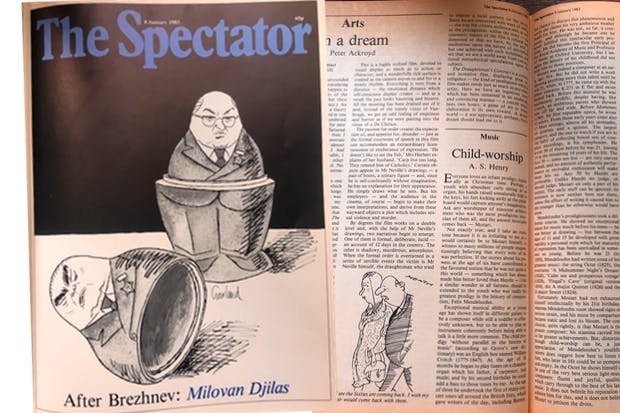
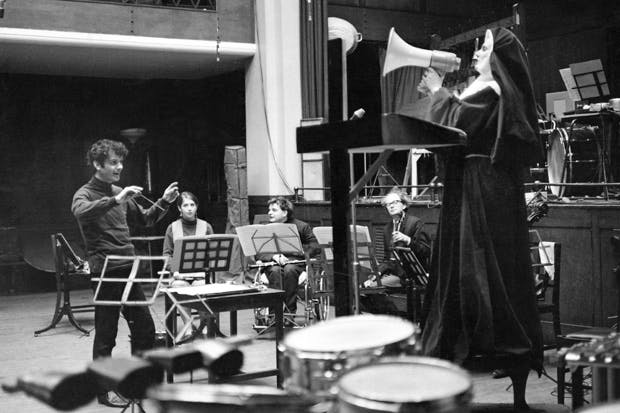
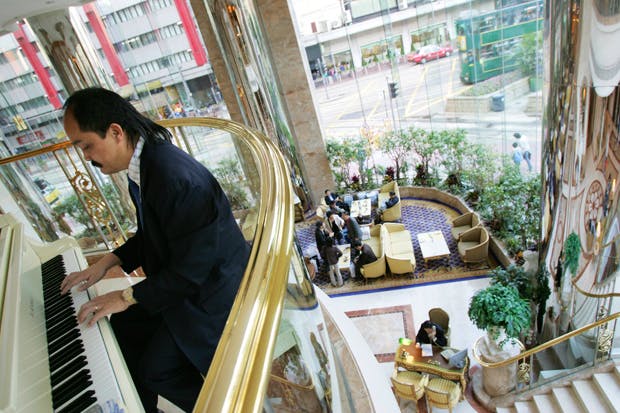






Comments
Don't miss out
Join the conversation with other Spectator Australia readers. Subscribe to leave a comment.
SUBSCRIBEAlready a subscriber? Log in